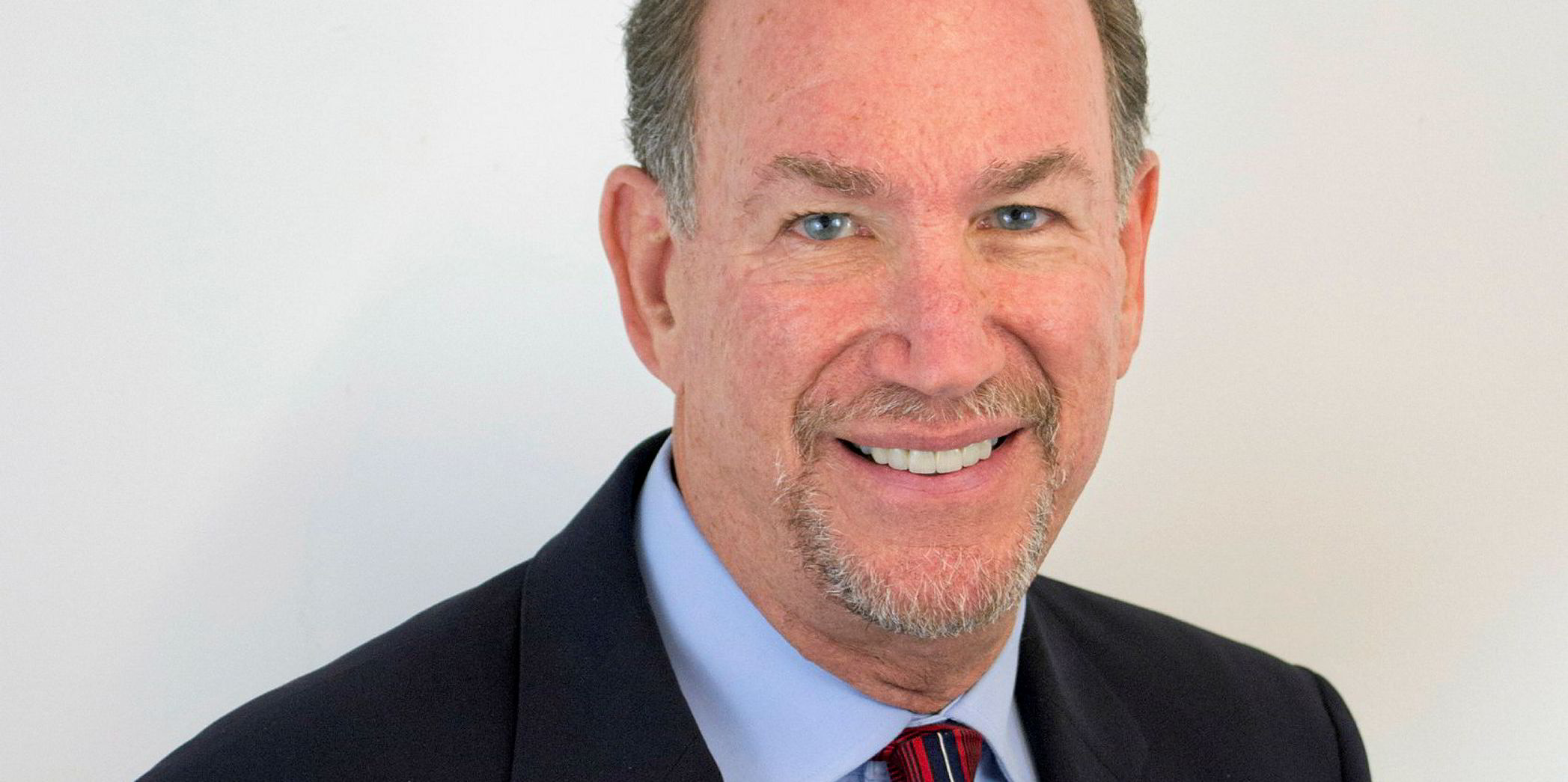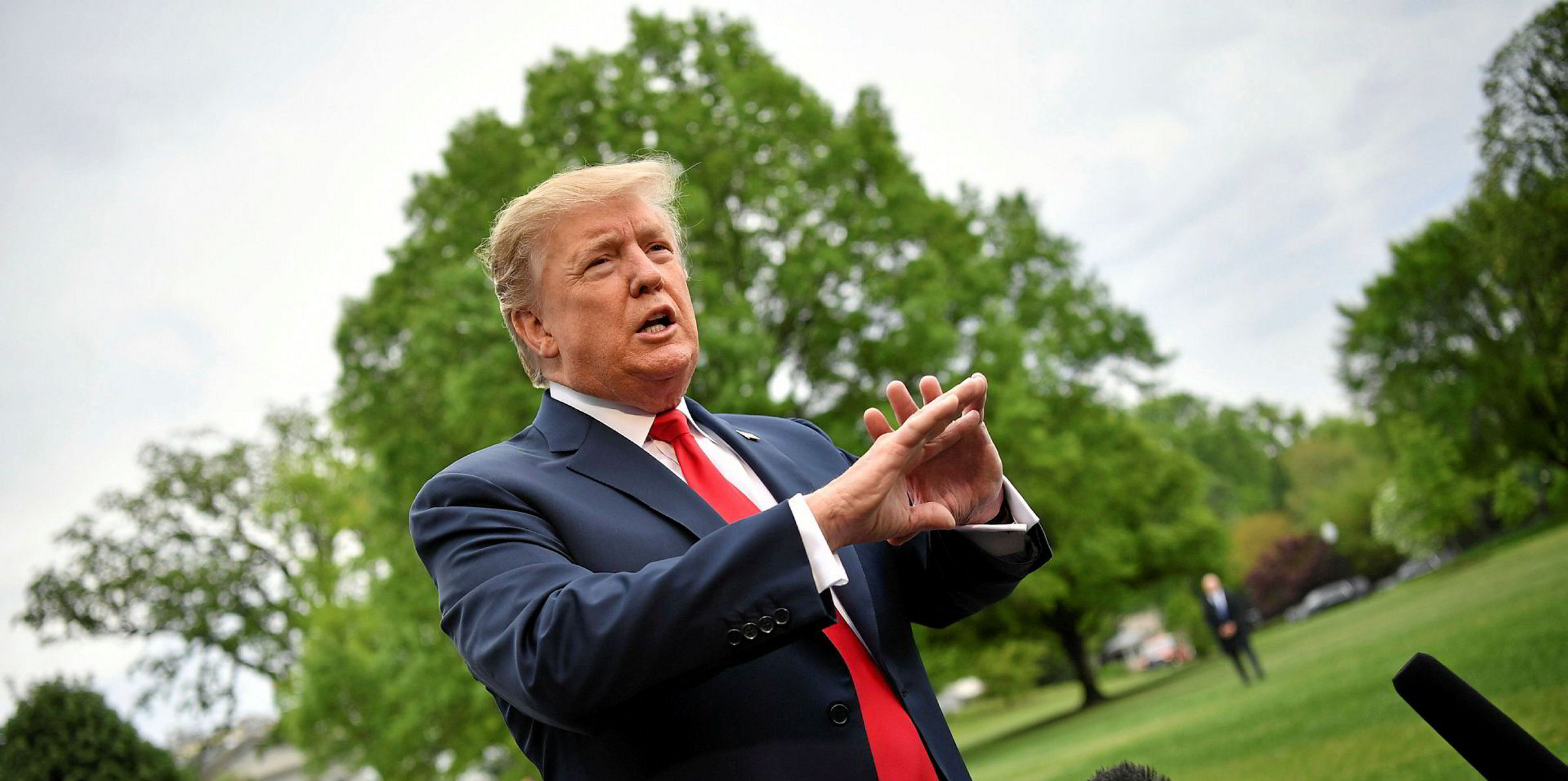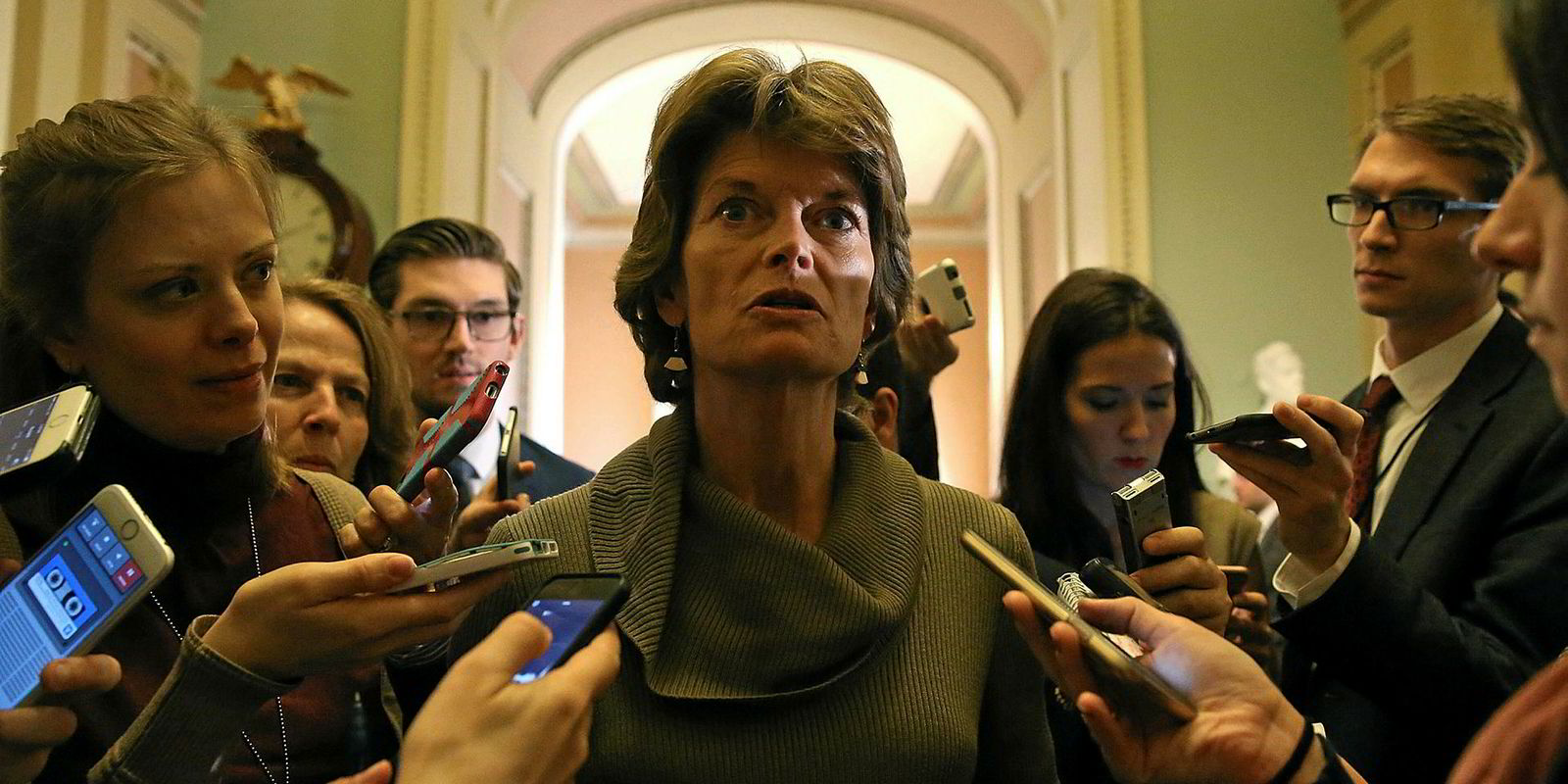In 2018, the American Council on Renewable Energy (Acore) launched an audacious initiative to help secure $1trn in US private sector investment in renewable energy and enabling grid technologies by 2030. Crafted in concert with the nation’s largest renewable energy investors, the $1T 2030: American Renewable Investment Goal was born.
A year later, I’m pleased to report that we have made important progress.
Despite trade tensions, flat national electricity demand, and a challenging political climate, the private sector invested approximately $57bn in renewable energy and enabling grid technologies in 2018.
Spurred by a dire report from the scientists at the Intergovernmental Panel on Climate Change, we’ve seen important progress in the adoption of ambitious renewable portfolio standards in multiple states, with California, Hawaii, Nevada, Washington and New Mexico all stepping up to 100% renewable or carbon-free objectives.
Meanwhile, the national debate over climate has been reshaped by the Green New Deal, which calls for a national 100% renewable power goal by 2030. The proposal continues to mobilise activists, engender controversy and roil the climate policy landscape with its ambitious aspirations, and lack of implementation details.
Over the past several weeks, a number of federal legislative proposals have been introduced that could have vitally important impacts for the renewable sector. These bills include a new tax credit for energy storage, ambitious new national renewable and/or clean energy standards, a federal price on carbon emissions, and a technology-neutral tax credit for carbon-free electricity generation.
These policy developments are supporting growth that is driven by dramatic increases in the cost-effectiveness of wind and solar power, and more recently energy storage, along with growing demand for renewable power from commercial and residential consumers. As a result, renewable energy has emerged as one of the most attractive sectors for investment in America today.
This reality is reflected in Acore’s new survey of the nation’s leading financial institutions, which found a high level of near-term confidence for renewable energy growth over the next three years, and a strong appetite for energy storage. According to the survey, renewable energy will continue to compare favourably with other asset classes, and the US will maintain its status as an attractive venue for investment relative to other leading countries, at least through 2022.
When asked to explain their optimism, investors cited the low cost of renewable energy, expanded state renewable portfolio standards, increased demand from corporate end-users, the potential for new carbon legislation, and a rush to benefit from expiring tax credits.
More than one third of respondents said they plan to increase their investments in US renewables by more than 10% this year, while none have plans to decrease investment by 5% or more.
Energy storage and utility-scale solar tied for first place as the most attractive renewable-energy technologies for investment between 2019 and 2022, with onshore wind close behind.
Looking beyond 2022, growth expectations are less certain as current federal tax credits phase out, though many in and outside of the sector are hopeful that new federal policy measures to reduce greenhouse gas emissions will be enacted to provide continued momentum for increased renewable power.
In order to help achieve the $1T 2030 investment goal, Acore is focused on three near-term priorities:
- Accelerating energy-storage deployment by securing a robust federal incentive for energy storage and developing a common project finance approach that properly values the multiple benefits of energy-storage technologies;
- Modernising power markets to capture the flexibility, competition, reliability and resilience offered by increased renewable generation; and
- Expanding the field of renewable energy players to include more investors and buyers in the C&I marketplace, while enhancing existing market drivers like ESG (environmental, social and governance) investing to more accurately reflect companies’ renewable-energy use and investment.
As a leading voice for the pan-renewable sector, Acore is dedicated to meeting the $1T 2030: American Renewable Investment Goal. We are committed to working with businesses, government officials and our many allies in support of the policy changes and market drivers necessary for the $1T 2030 campaign to succeed.
Americans are increasingly looking for a rapid transition to a renewable-energy economy, and the $1T 2030 campaign is an important part of the effort to answer their call.
Gregory Wetstone is president and CEO of the American Council on Renewable Energy, a national non-profit that unites finance, policy and technology to accelerate the transition to a renewable-energy economy.



